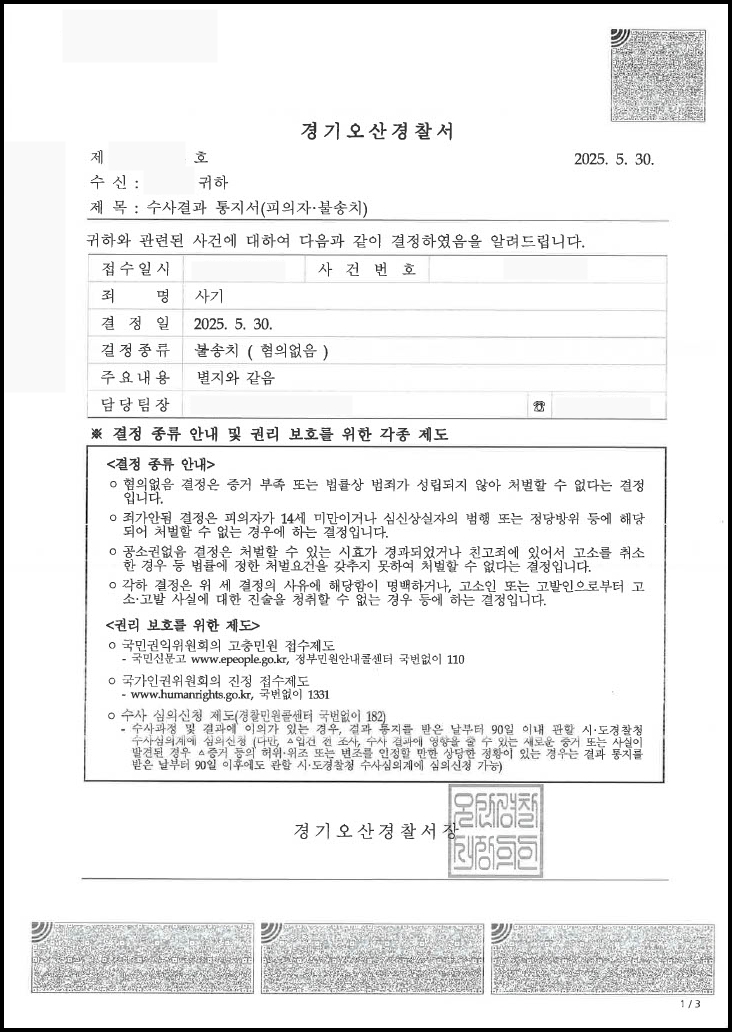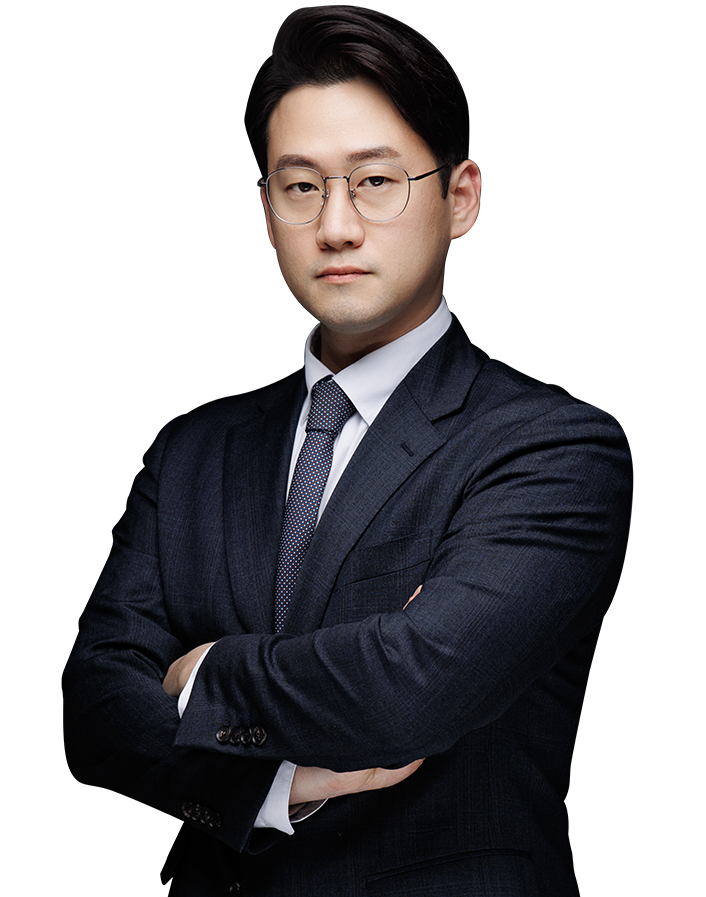Overview of the case (facts)
You were approached by a business acquaintance to raise funds for a business. The other party presented a business proposal stating that if the client raised a certain amount of funds, they would raise a larger amount of funds and share in the profits, and the client paid the other party a certain amount of money as an upfront payment.
The client fulfilled its obligation to collect the funds according to the agreement, but the other party did not fulfill its obligations and accused the client of fraud, claiming that the client had misappropriated the funds. The client turned to Ongang Law Firm.
Case Issues (Case Features)
The nature of the payments and whether the client was deceptive were key issues in this case, as was the other party's failure to perform and subsequent misrepresentation.
Assistance from Ongang
From the outset of the case, Ongang's lawyers closely consulted with the client to understand the details of the case. In particular, they thoroughly collected and analyzed objective evidence, including call recordings, text messages, draft and revised agreements, and bank transactions.
Based on the evidence gathered, Ongkang clarified that the business proposal in this case was first proposed by the other party, not the client, and the amount paid to the client was not requested by the client, but was first proposed and paid by the other party in accordance with the agreement. In addition, the client provided evidence that it had faithfully fulfilled its obligations under the agreement, i.e., actually attracted a certain amount of funds and delivered proof to the other party.
On the other hand, the other party has proven through objective evidence that they have not fulfilled their obligations under the agreement (to raise and prove the promised funds, not to engage in illegal business, etc.), but rather have persisted in making unreasonable demands that were not part of the agreement and have not complied with the client's legitimate demands (to prove the other party's fulfillment of the agreement).
Based on these facts, Ongkang submitted several defense opinions that strongly argued that the client had no intention of fraud or deception, that it had fulfilled its obligations under the contract, that the incident occurred due to the other party's failure to fulfill its obligations, and that the other party's claims were false. Ongkang also accompanied the client during the investigation, providing testimony and legal support.
■ Result
As a result of our systematic and proactive representation, the investigating agency determined that the client was not guilty of fraud and issued a non-referral (no charges).
Case outcome materials





